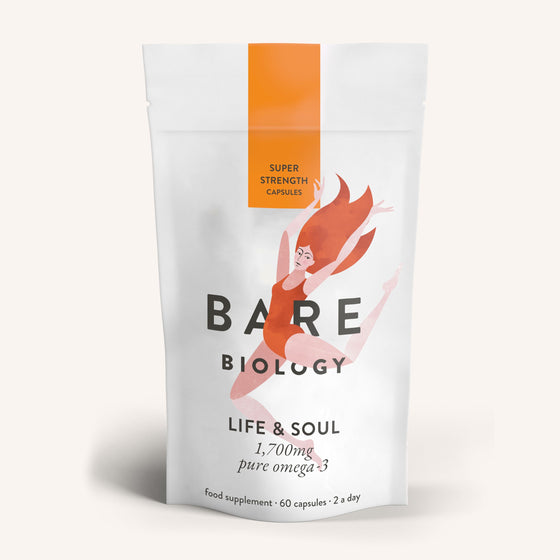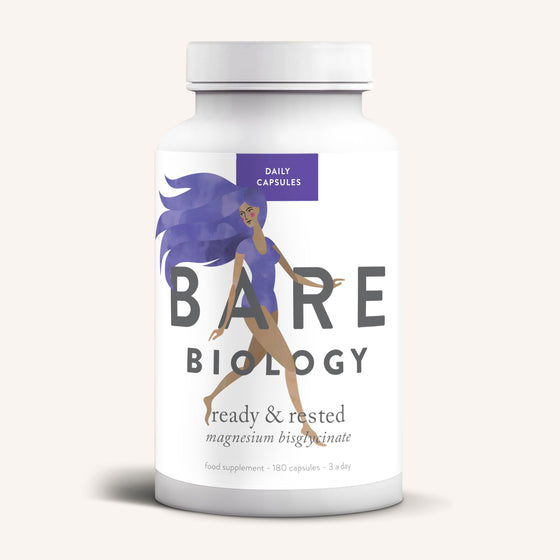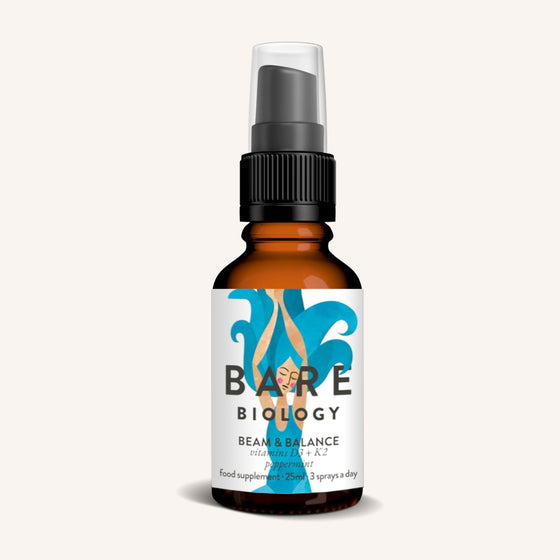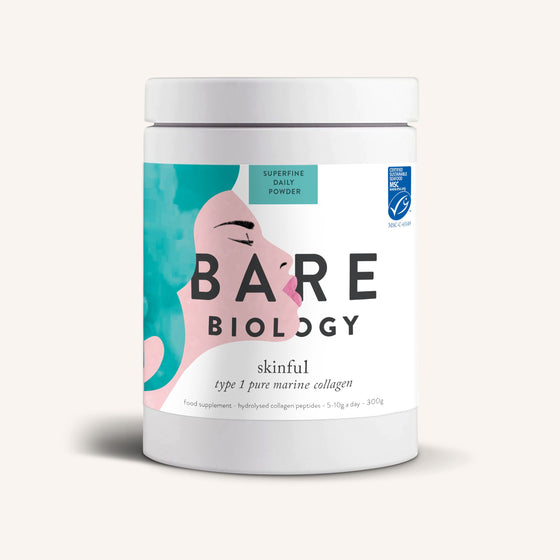According to latest figures, nearly a fifth of adults in the UK experience depression or anxiety. Statistics show that men are three times more likely to commit suicide than women; it’s the leading cause of death in England and Wales for men aged between 20 and 34 years of age. Despite these figures, women are diagnosed with depression much more than men. Clearly, men just don’t like to talk about their feelings.
It’s a tough condition to talk about. Depression can be a debilitating disease, which feels like a bottomless pit of suffering that’s never ending. However, many people don’t
Benefits of Omega 3 for mental health
Omega 3 is an essential fatty acid that we need to include in our diets as we cannot make it in our body. It’s a vital nutrient for nerve conductivity in the brain and for regulating inflammation. Depression is now being considered a symptom of chronic and systemic inflammation. So much so that anti-inflammatory drugs commonly used for rheumatoid arthritis are now being used successfully in trials to treat depression. There are stacks of clinical
Rancid fats, like trans fats, are a no-go.
Inflammatory foods to avoid

Photograph by Rachael Walker
To lower inflammation in the body, it’s a good idea to start with avoiding foods that are likely to cause it. Refined sugars, pastries, cakes, biscuits, confectionery, fizzy drinks and processed foods are the usual culprits. Rancid fats, like trans fats, are also a no-go. You’ll find them in fried foods, margarines and most ready-made meals.
Green tea in place of coffee will still keep you
alert but will ramp up your antioxidant intake, keeping your brain cells young and healthy.
Men have different nutritional requirements than women and have a higher metabolic demand. Therefore, it’s important that foods containing empty calories, i.e.
Food for the Brain is a charity that raises awareness of the importance of optimum nutrition in mental health. They work to inform






